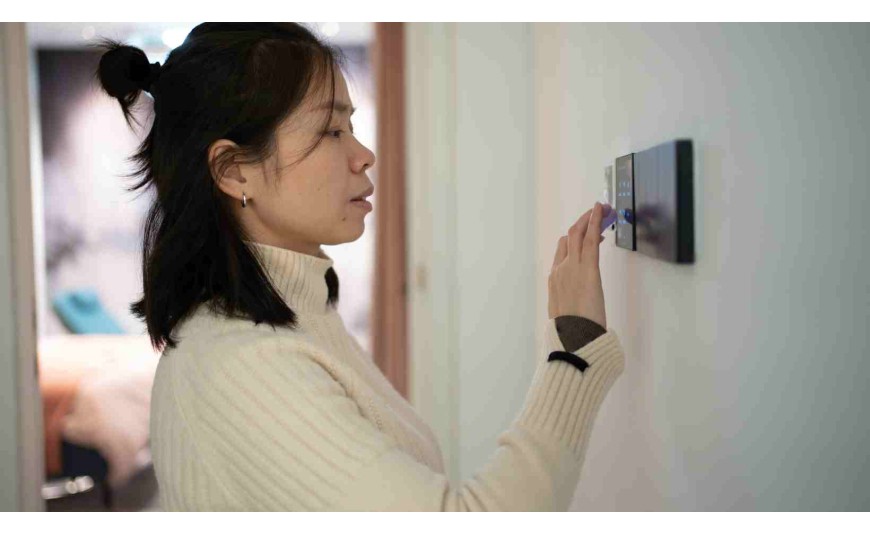Getting Started with Solar Panels: Best Practices to Optimize Your Consumption
- 27 Sep, 2024
- Help

Solar energy is an effective and sustainable solution for reducing your electricity bills and lowering your carbon footprint. Solar panels convert sunlight into electricity, but to make the most of this renewable energy, it's essential to adopt certain practices. This article will guide you through key actions to optimize your solar energy consumption and maximize the benefits of your installation.
1. Choose High-Quality Solar Panels
The quality of solar panels is crucial for optimal performance. Opt for certified panels with a good reputation and ensure that the installation is done by a qualified professional. High-quality panels guarantee better efficiency and durability, allowing you to benefit from optimal electricity production over the long term.
2. Properly Orient Your Solar Panels
The orientation and tilt of the panels are crucial for capturing the maximum amount of sunlight. Generally, panels should be oriented towards the south. The optimal tilt angle depends on your latitude and the season. Consult a professional to adjust these parameters based on your geographic location.
3. Regularly Maintain Your Solar Panels
Regular maintenance is essential to keep your panels performing well. Clean them periodically to remove dust and debris, and check electrical connections. Proper maintenance ensures a longer lifespan and optimal performance of your system.
4. Use a Quality Inverter
The inverter converts the direct current (DC) from the panels into alternating current (AC) that can be used in your home. Choose a quality inverter that is compatible with your solar panels and has modern features like remote monitoring to quickly detect any issues.
5. Optimize Your Energy Consumption During the Day
To fully benefit from the solar energy produced during the day, adopt the following practices:
- Use energy-intensive appliances during peak sunlight hours: Take advantage of peak production times to run appliances like washing machines, dryers, and water heaters.
- Charge your electric vehicle during the day: Use solar electricity to charge your car, reducing your reliance on the grid.
- Cook during the day: Prepare meals during the day to maximize the use of solar-generated energy.
6. Avoid Unnecessary Expenses with Switchable Outlets
Switchable outlets allow you to cut power to devices that are not in use, reducing unnecessary expenses. Use them for non-essential devices and unplug appliances when they are not in use to minimize phantom power consumption.
7. Unplug the Router at Night
Unplug your internet router and other non-essential electronics at night. These devices continue to consume power even when in standby mode. By unplugging them, you reduce nighttime energy consumption and maximize the use of solar energy produced during the day.
8. Lower the Heating at Night
Reduce your heating temperature at night to avoid unnecessary energy costs. A slightly lower temperature during the night reduces energy consumption, allowing your solar panels to cover more of your heating needs during the day.
9. Monitor Your System’s Performance
Use monitoring tools to track the performance of your solar panels. Keep an eye on energy production, panel efficiency, and inverter status. These tools help you detect issues quickly and adjust your consumption habits based on energy production.
10. Close Blinds to Retain Heat
In winter, closing blinds at night helps retain heat inside your home. This practice reduces heating needs, maximizing the efficiency of your solar system during the day.
Conclusion
To optimize your solar panel consumption, it's essential to adopt simple yet effective practices. By choosing quality panels, properly orienting your installation, and regularly maintaining your system, you can maximize solar energy production. Use solar energy during the day for energy-intensive tasks, avoid unnecessary expenses with switchable outlets, unplug non-essential devices at night, and adjust heating consumption based on solar production. Monitor your system’s performance and use tips like closing blinds to retain heat. By incorporating these practices, you can reduce your carbon footprint and achieve significant savings on your electricity bills.




